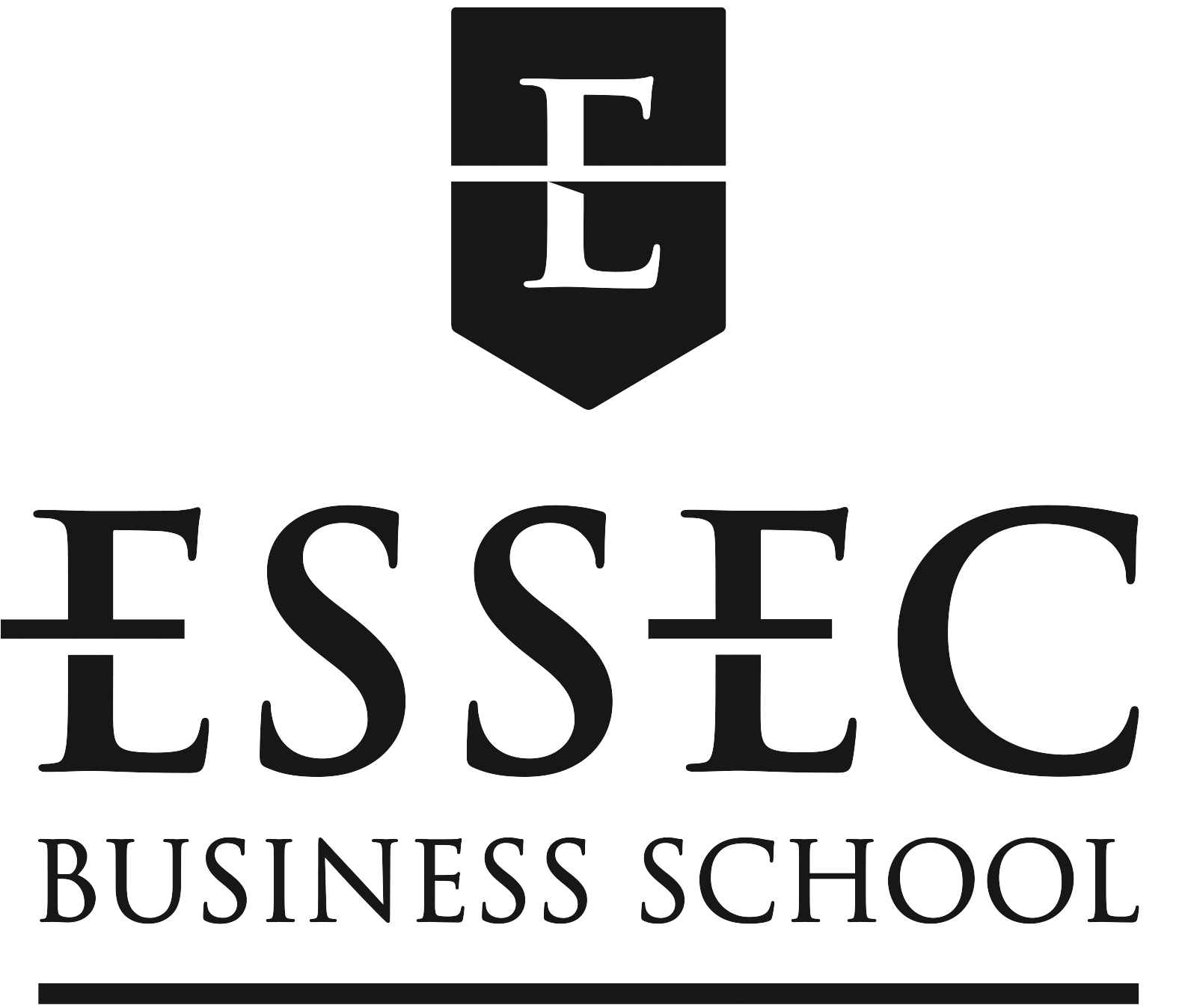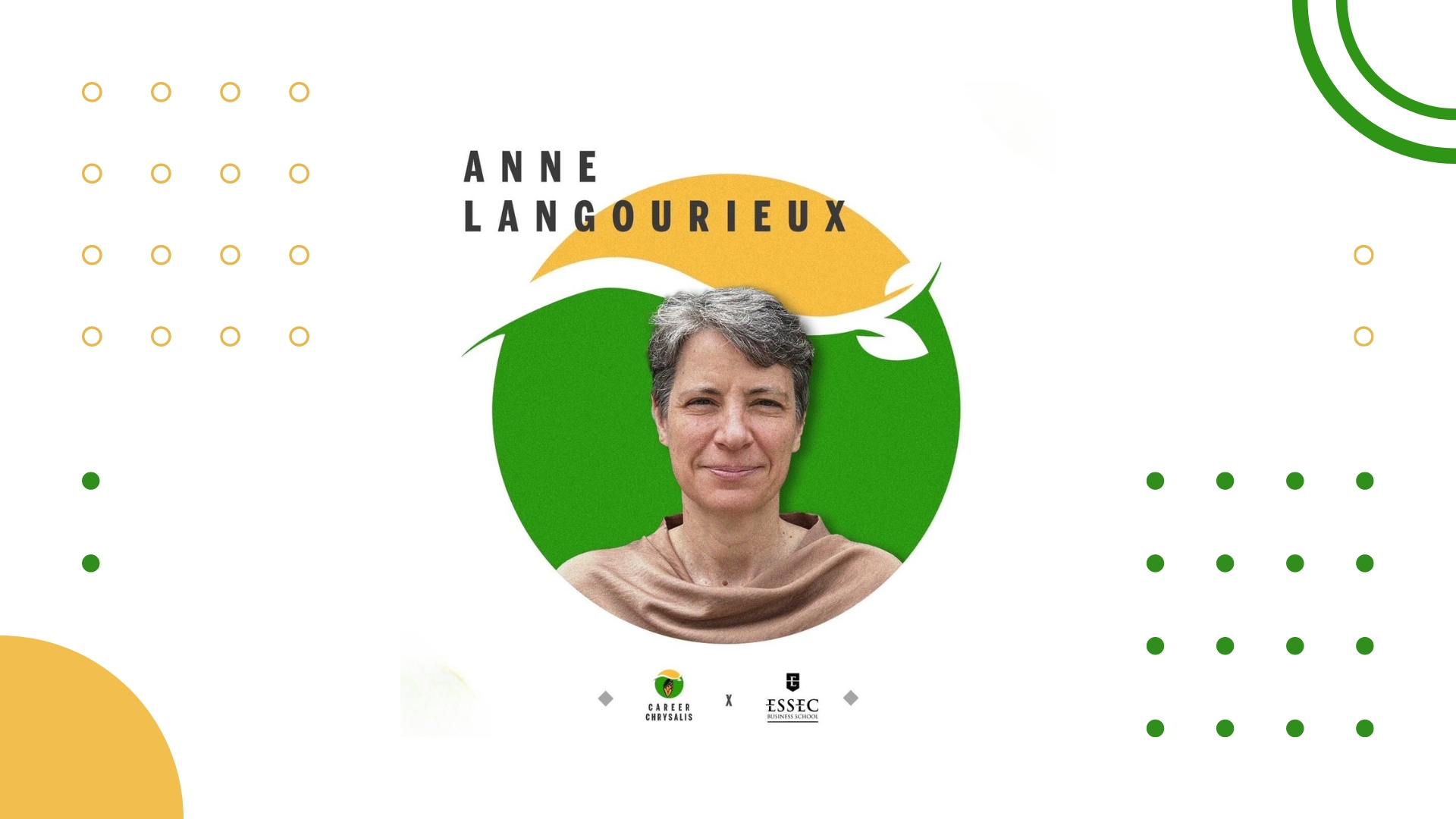Most students and professionals need to spend more time on self-reflection before looking for a new opportunity. Especially early in their careers.
There are several assessment tools to help with self-reflection. In our experience, the key domains to reflect on are skills, interests, and motivators.
Of these three, skills are the most obvious focus for job seekers and recruiters.
What Skill Sets Do You Have?
Most students understand they need hard and soft skills to match the companies’ requirements.
Students need hard skills such as programming, modeling, and data analysis, for example, to improve their chances of getting a job, especially now.
Students are usually equipped with soft skills when entering a business school. The programs at ESSEC enable students to improve and refine everything from communication to leadership and teamwork skills.
Today, companies demand that students have both hard and soft skills. What we shared barely scratches the surface. The topic of skill sets requires a more in-depth exploration—we will share more on this in a future post.
What Interests You?
Job seekers can consider interests as “what types of activities do you enjoy doing” and “what subjects catch your attention.”
Here’s a simple litmus test: which newspaper section do you read first—fashion, sports, business, current affairs? Do you watch videos online about gaming, space, and conservation? From an activity perspective, do you enjoy problem-solving, communicating, and working in teams?
If you answer these questions, it will help you find the right roles and industries.
What Motivates You?
Motivators are the various aspects of your job that inspire you. Motivators could be pegged to prestige, security, financial benefits, variety, or altruism, to name a few.
It is essential to understand your motivators significantly, as they can change over time. For example, financial benefits could become less important, and altruism could be more critical.
A person might need to forgo a good career match because the market is uncertain or personal commitments need to be met from a practical perspective.
However, interests and motivators are essential for the longevity of your career. Almost any role can be engaging early in your career because working is new and exciting.
As your career progresses, interests and motivators must be aligned with the function to ensure engagement over a sustained period.
Conclusion
To recap, it is essential to understand yourself as early as possible in your job search if you don’t mind. Even if you need to compromise, you will know you are consciously doing so for the short term.
By understanding yourself, you can also compare opportunities and have a structured way to prioritize them.
Learn more about developing a winning résumé, building a solid network, and other insights on professional growth from our regular Career Tips series.
RELATED POSTS
Career Transitions S3E7: Refresh Your Perspective to Accelerate Your Transition
Listen to the final episode of Career Transitions podcast in collaboration with ESSEC Asia-Pacific featuring hosts Vanessa Iloste and Vanessa Teo.
Career Transitions S3E6: Lifelong Learning and Career Strategies with Professor Reetika Gupta
Listen to the sixth episode of Career Transitions podcast in collaboration with ESSEC Asia-Pacific featuring Deputy Dean Reetika Gupta and hosted by…
MMD Study Trip in Hong Kong: Career Insights Abound at Global Business Hub
During the annual study trip, MSc in Marketing Management and Digital students from the class of 2024 gained valuable insights about different…
MiF Study Trip in Hong Kong: From Dynamic Markets to Global Sustainability
Master in Finance students from ESSEC explored Hong Kong's financial landscape, engaging with top institutions and industry leaders, gaining crucial…
Career Transitions S3E5: From Corporate Leadership to Sustainability with Anne Langourieux
Listen to the fifth episode of Career Transitions podcast in collaboration with ESSEC Asia-Pacific featuring alumnus Anne Langourieux and hosted by…
Career Transitions S3E4: Building Strong Connections with Agathe Colom
Listen to the fourth episode of Career Transitions podcast in collaboration with ESSEC Asia-Pacific featuring alumnus Agathe Colom and hosted by HR…







